- Home›
- Healthy Living›
- 8 Foods You Should Never Eat To Promote Renal Health
8 Foods You Should Never Eat To Promote Renal Health
By: Priyanka Maheshwari Wed, 09 Aug 2023 09:42:43
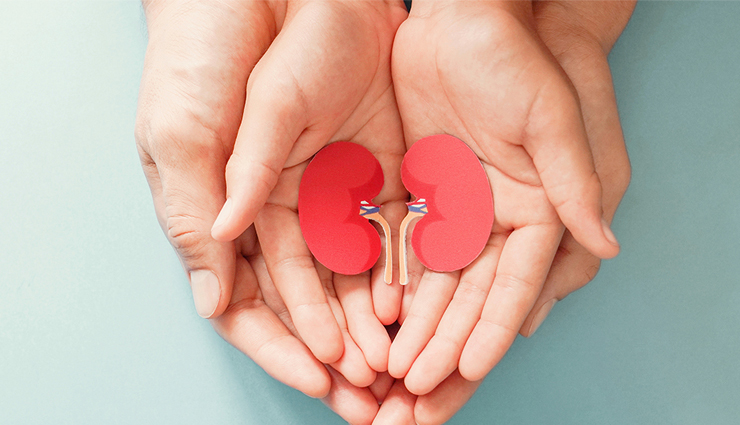
Renal health, also known as kidney health, is a critical aspect of overall well-being and is vital for maintaining the body's internal balance. The kidneys are two bean-shaped organs located on either side of the spine, primarily responsible for filtering waste products, excess fluids, and electrolytes from the blood to produce urine. They also play a crucial role in regulating blood pressure, producing hormones that affect red blood cell production and bone health, and maintaining the body's acid-base balance.
Optimal renal health is essential because the kidneys help remove toxins and maintain proper fluid and electrolyte levels. When the kidneys are functioning well, they contribute to stable blood pressure, proper mineral balance, and efficient waste elimination. However, various factors can affect renal health, including lifestyle choices, genetics, underlying medical conditions, and exposure to certain medications or toxins.
Maintaining good renal health involves adopting a balanced and healthy lifestyle. This includes staying hydrated by drinking enough water, maintaining a well-balanced diet that is low in salt and processed foods, engaging in regular physical activity, and avoiding habits like smoking and excessive alcohol consumption. Regular medical check-ups and screenings are also important to catch any potential kidney issues early on.
Common kidney-related problems include kidney stones, urinary tract infections, chronic kidney disease (CKD), and acute kidney injury. Chronic kidney disease is a progressive condition that can lead to reduced kidney function over time if not managed properly. It's important to manage conditions like diabetes and hypertension, as they can significantly impact renal health. In severe cases, kidney failure may necessitate treatments such as dialysis or kidney transplantation.
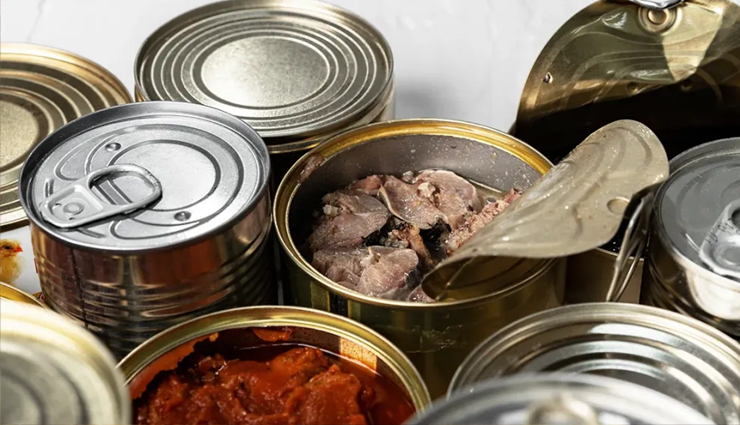
# Canned foods
Additional salt is included in canned products to act as a preservative, prolonging their shelf life. This leads to an elevated sodium level in the majority of canned foods. Individuals dealing with kidney disorders are recommended to steer clear of canned foods. If consumption is necessary, it is advised to do so in moderation due to the considerable salt content these foods contain.
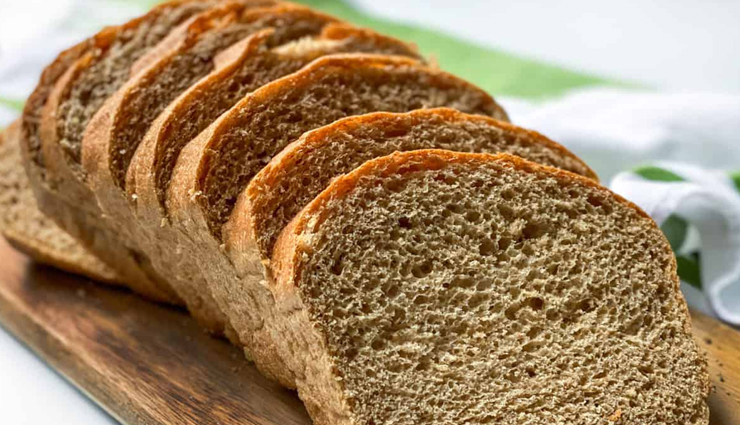
# Whole wheat bread
The abundant dietary fiber found in whole wheat bread renders it a healthful breakfast choice. Nonetheless, individuals grappling with kidney problems should opt for white bread instead of whole wheat bread. This recommendation is grounded in the elevated levels of potassium and phosphorus present in whole wheat bread.
The heightened phosphorus and potassium content in whole wheat bread stems from its substantial bran content.

# Brown rice
Similar to whole wheat bread, individuals with kidney disease should steer clear of brown rice due to its elevated levels of potassium and phosphorus in comparison to white rice.

# Banana
Bananas are abundant in potassium. Despite their inherently low sodium content, a single medium-sized banana holds 422 mg of potassium, which could be problematic for individuals dealing with kidney-related concerns.
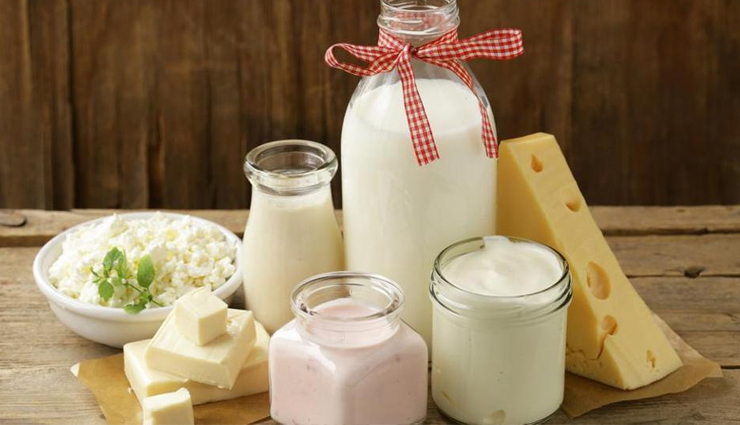
# Dairy products
Dairy items serve as a valuable protein source and naturally provide phosphate and potassium. However, for individuals with kidney disease, an excessive consumption of dairy, especially when paired with other foods high in phosphorus, can have detrimental effects on bone health.
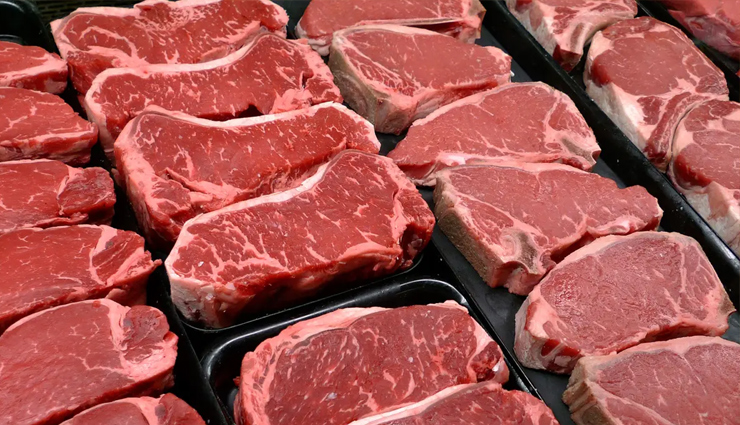
# Processed meats
Processed meats are commonly perceived as detrimental to health due to the inclusion of added preservatives. This is often associated with the potential to trigger chronic ailments. These processed meats are infused with substantial levels of salt, primarily utilized to enhance flavor, prolong shelf life, and augment taste.
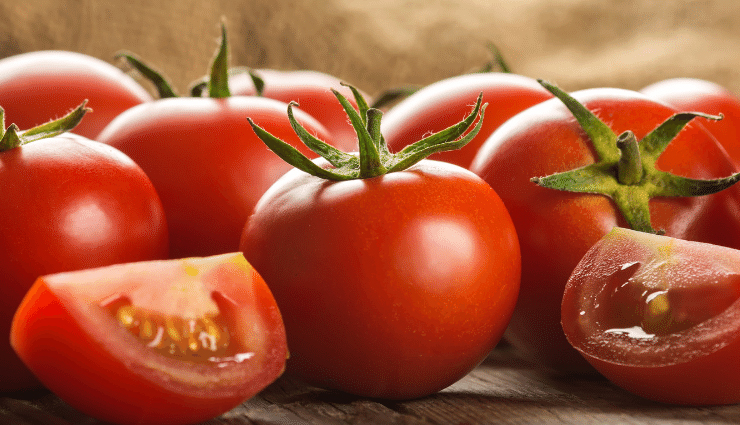
# Tomatoes
Tomatoes possess elevated levels of potassium, rendering them unsuitable for individuals adhering to a renal diet.
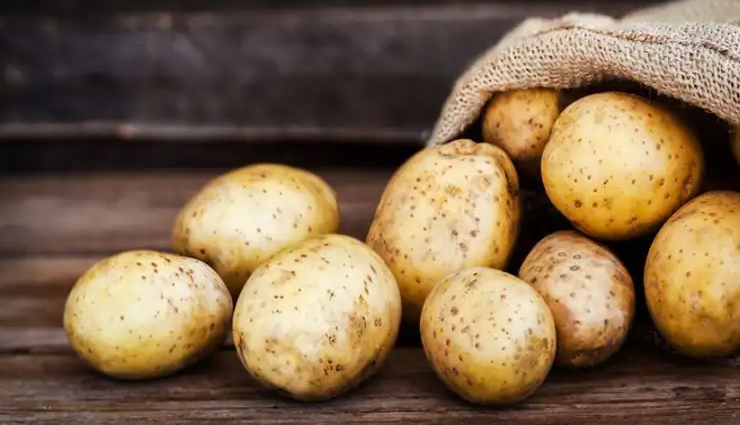
# Potatoes
For individuals dealing with renal issues, it's advisable to avoid consuming potatoes due to their potassium-rich nature.





